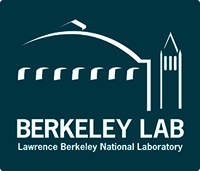2 experts available on the Arctic and how cold regions are responding to warming
Bill focuses on modeling terrestrial ecosystems and their interactions with climate and climate change. He has a varied educational background, including degrees in mechanical and aerospace engineering, physics, and civil and environmental engineering. His published work includes development, testing, and application of numerical models that represent soil microbial dynamics, effects of abiotic processes such as mineral surface interactions, nutrient competition between microbes and plants, watershed-scale hydrological and biogeochemical processes, and climate-scale carbon and nutrient cycle processes.
Trevor F. Keenan is a Scientist in the Climate and Ecosystem Sciences Division at Lawrence Berkeley National Laboratory, and an Assistant Professor at the Department of Environmental Science, Policy and Management, UC Berkeley. Prof. Keenan’s interests are centered on understanding the impacts of climate variability and long-term change on terrestrial ecosystem function and land surface dynamics, as well as related feedbacks to the atmosphere through ecosystem carbon cycling and water use. His work combines large ecological data sets (e.g., eddy-covariance, remote sensing), models of ecosystem state and function, and data assimilation/mining tools, with results from in-situ field studies and experiments, to gain a mechanistic understanding of key physical and biological processes. Prof. Keenan uses methods from diverse disciplines, including ecophysiology and biogeochemistry, micrometeorology, atmospheric science, mathematics, statistics and high-performance computing.
